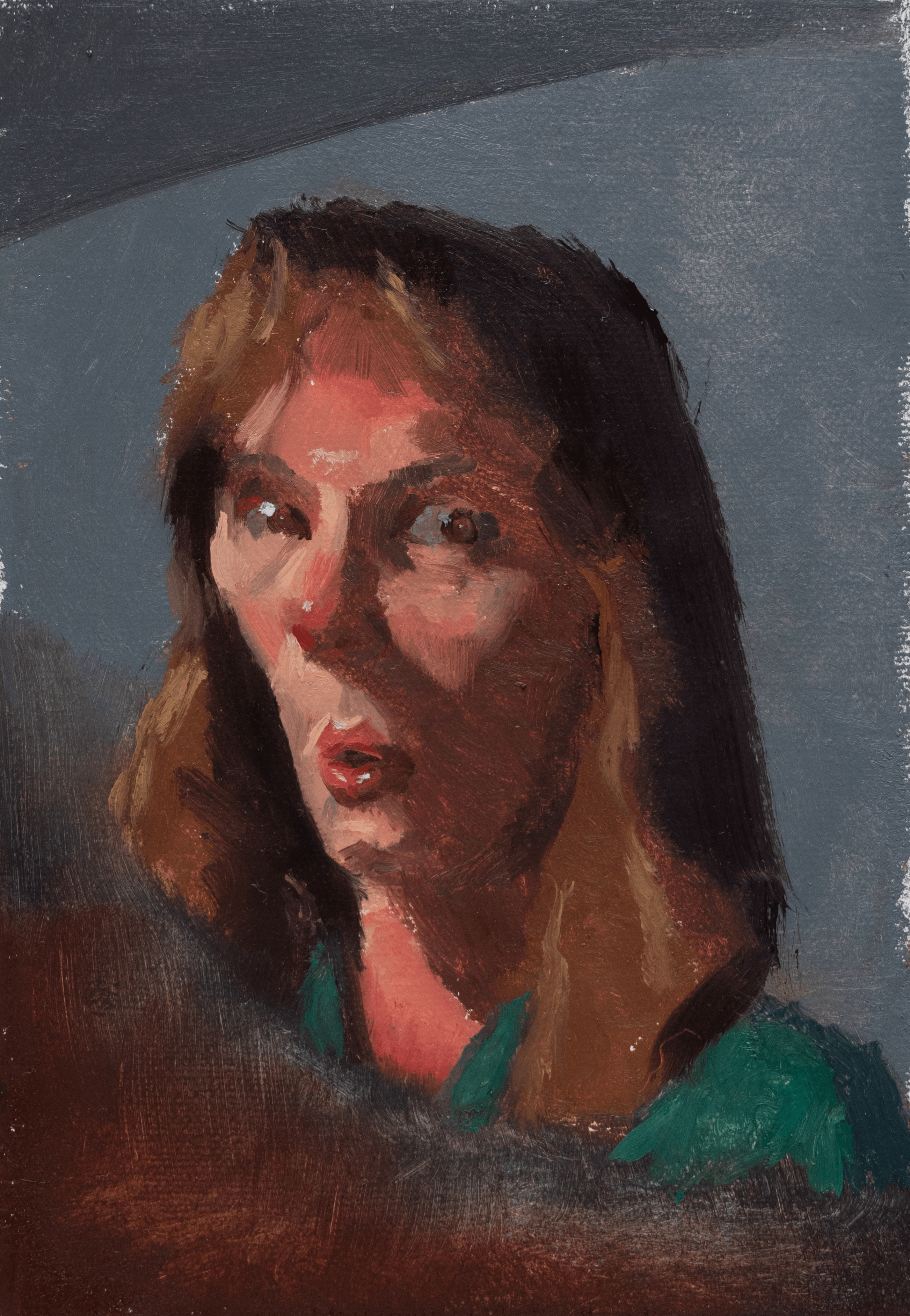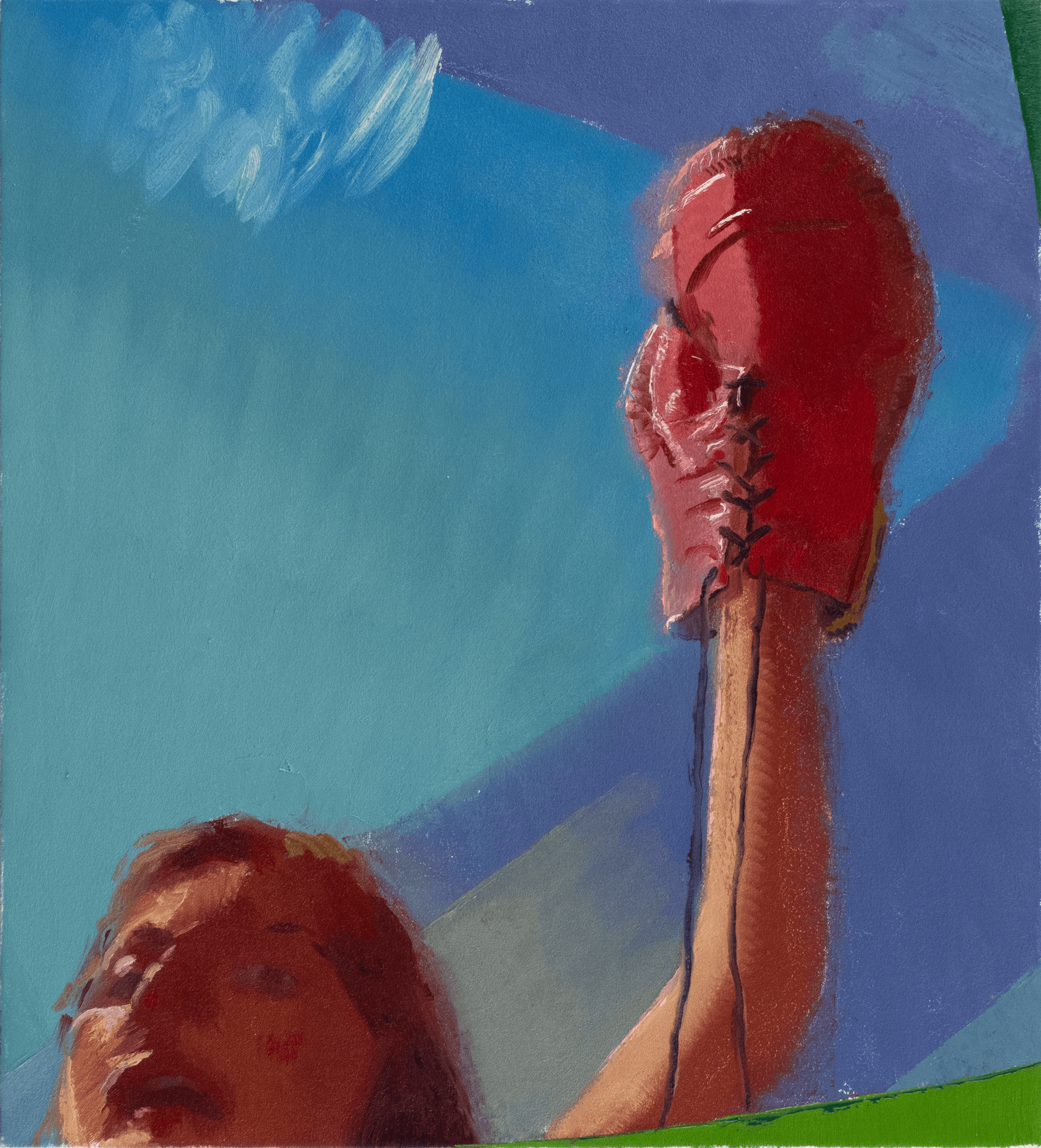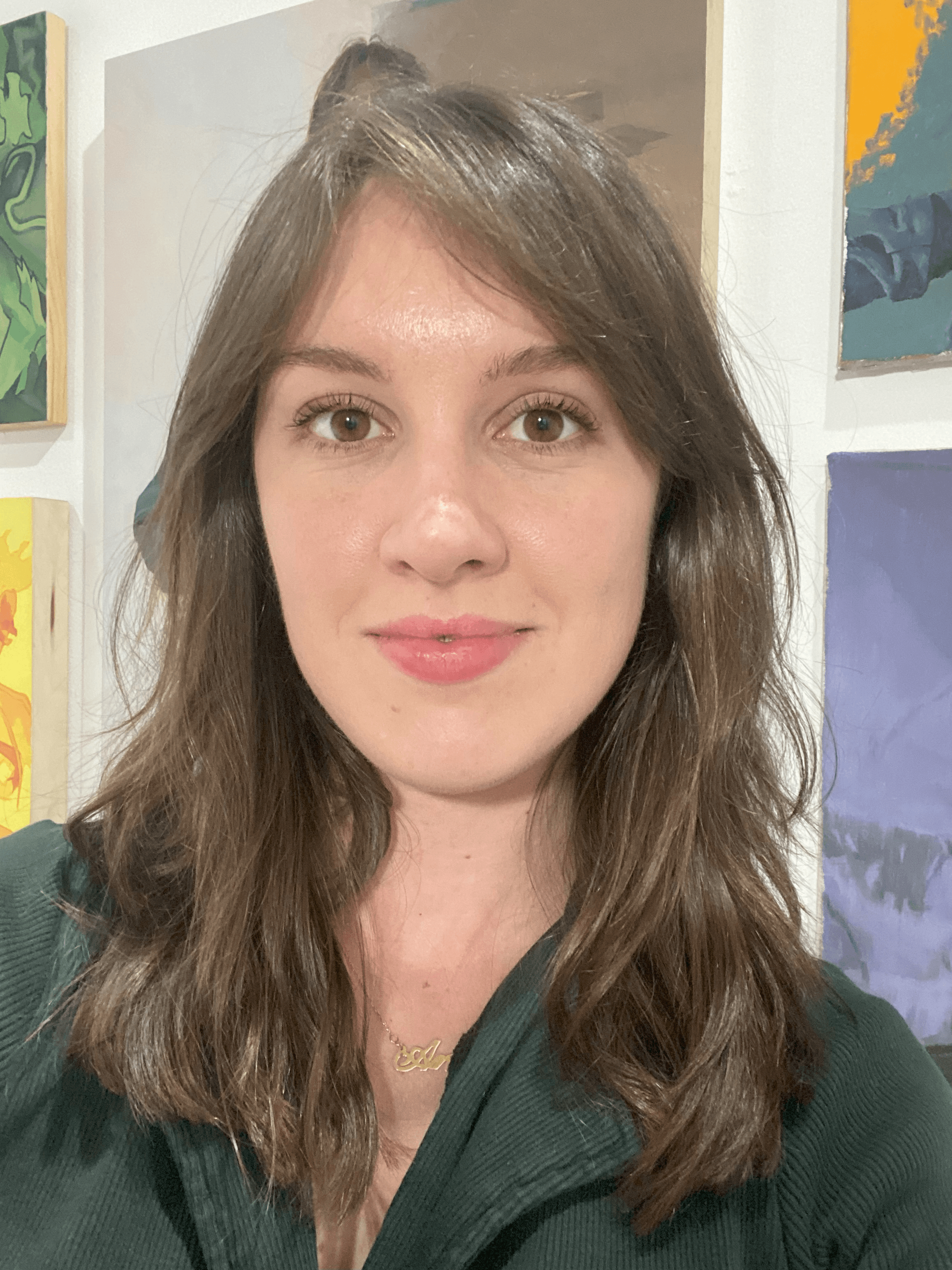We’re excited to introduce you to the always interesting and insightful Annie Thompson. We hope you’ll enjoy our conversation with Annie below.
Annie, thanks for joining us, excited to have you contributing your stories and insights. How did you learn to do what you do? Knowing what you know now, what could you have done to speed up your learning process? What skills do you think were most essential? What obstacles stood in the way of learning more?
Under the presumption that we can assume our own identities, I claim myself as a Painter. I began painting occasionally as a child under the guidance of my late uncle Barry Graves Jr., who was an oil painter and muralist. He fostered my interest in visual arts and planted in me the idea that I was capable of such a career from a young age. With this passion, my pursuit to become a “painter” has been a gradual journey. In my schooling, I have taken as many art courses as possible, where I found ways to attain independent studies, additional courses beyond degree requirements, and private instruction from my teachers in high school, undergraduate studies, and current graduate program at the Pennsylvania Academy of the Fine Arts. In learning how to paint, I have found that it comes from several sources: independent application, instruction from creative professionals, connecting with like-minded peers, studying art history, and viewing art in person at galleries and museums. The greatest of all of these are my personal investigations, aka, time spent painting. I believe we learn the most as creatives by looking empirically and working out our ideas on the canvas. With this, we have to be comfortable with continued failure. It’s a common idea in the painting community that you have to put in 10,000 hours of painting to become a master. I am still working towards this, and I think I will be for the entirety of my life. As far as obstacles go, dedicating intentional time to working in the studio needs to be a priority. I believe I could have sped up my process by painting more whenever given the chance. The act of painting can seem daunting, but sketching and working small during random pockets of time in daily life can surprisingly be useful and abundant. The “studio” is not limited to one room.
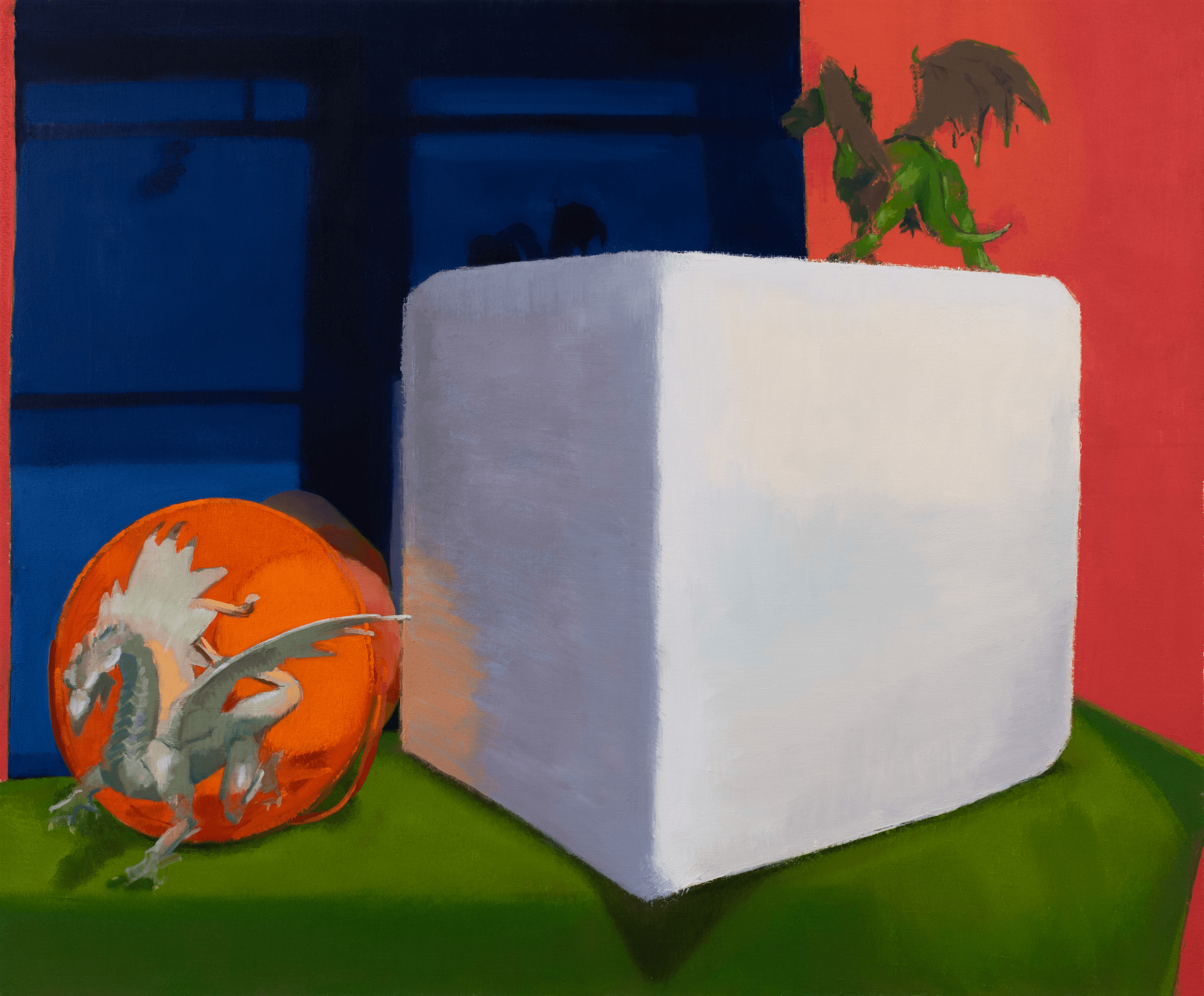
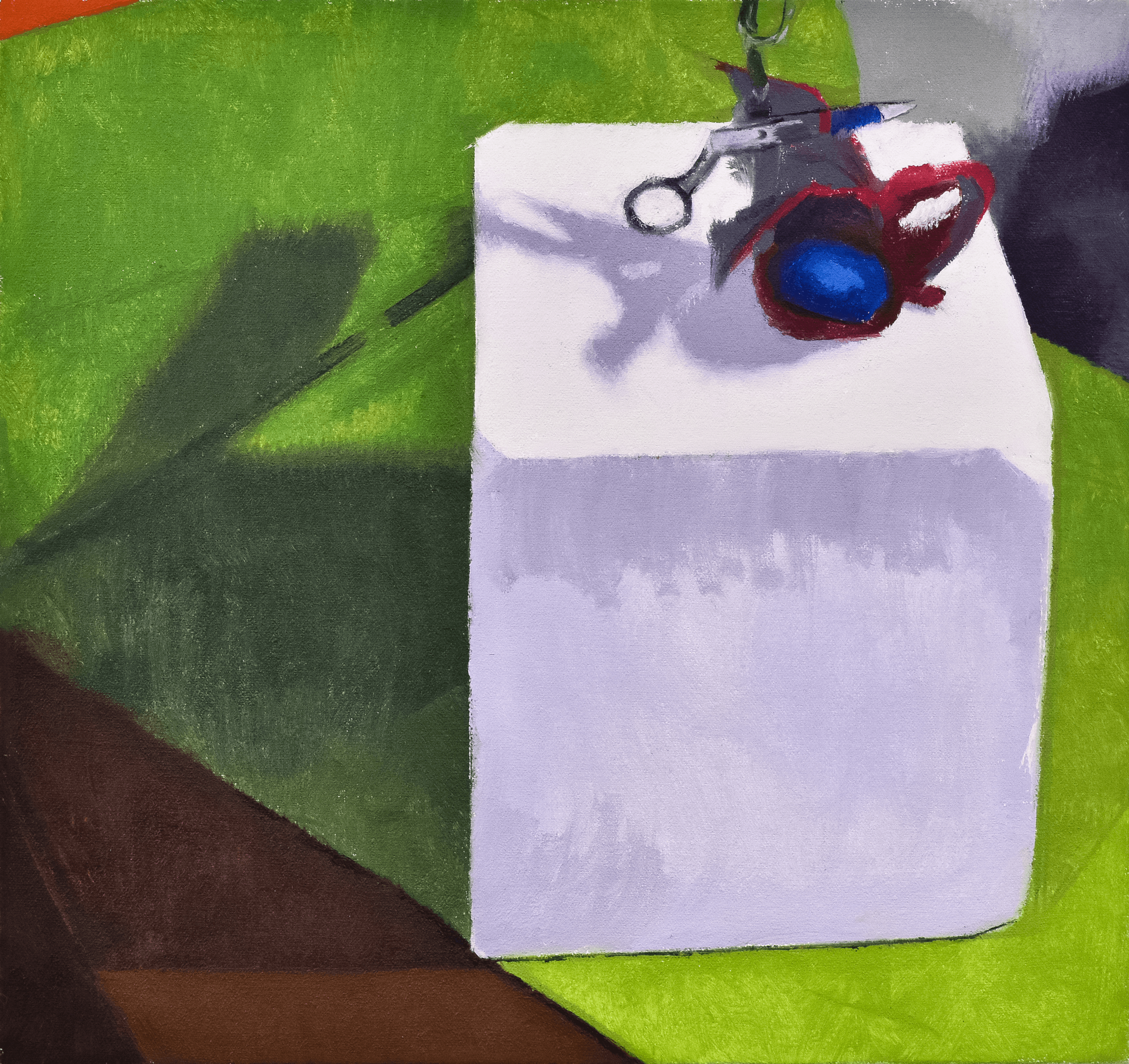
Awesome – so before we get into the rest of our questions, can you briefly introduce yourself to our readers.
I am originally from Florida where I received my BFA degree from Flagler College in St. Augustine, FL. I currently live in Philadelphia, PA where I am graduating with my MFA degree from the Pennsylvania Academy of the Fine Arts.
I am a representational oil painter dedicated to perceptual painting and self-portraiture, driven by observation, introspection, and a sense of the theatrical. I utilize traditional painting techniques to depict self-portraits and still-life arrangements in the studio’s interior that relate inanimate objects to the self. This results in paintings that carry speculative narrative and uncanny humor. As my expectations and realizations about the work collide, I find humor in the frustration of sitting in the artist’s role, making observational discoveries, and continuously being humbled by my failures to decode and translate the image. I like to carry this humor over to my subject matter, playing with the serious nature of self-portraiture neighboring the personification of objecthood. This relationship carries the idea that we should not take the painting or ourselves too seriously. Of course, my ideas on painting are always in flux and I am excited to see how my process and outlook as a painter shift and transform in the coming years, months, weeks, and so on.
Beyond my personal investigations as a painter, I am also entering the educational field as an art instructor. Following my graduate studies, I am pursuing teaching opportunities in high school and higher education. I have found that uplifting students in the classroom to be fulfilling for me, where I can both foster their interests and skillsets as visual artists and learn myself. I am continually blown away by the hunger and determined attitude of my previous students to learn how to draw and paint. I find that both the teacher and the student inspire one another to rise to the occasion.
Common for any artist, I do have multiple projects going at once. With this, I complete commissioned projects where I collaborate with clients to paint portraits of loved ones, architectural paintings, pet portraits, murals, etc.
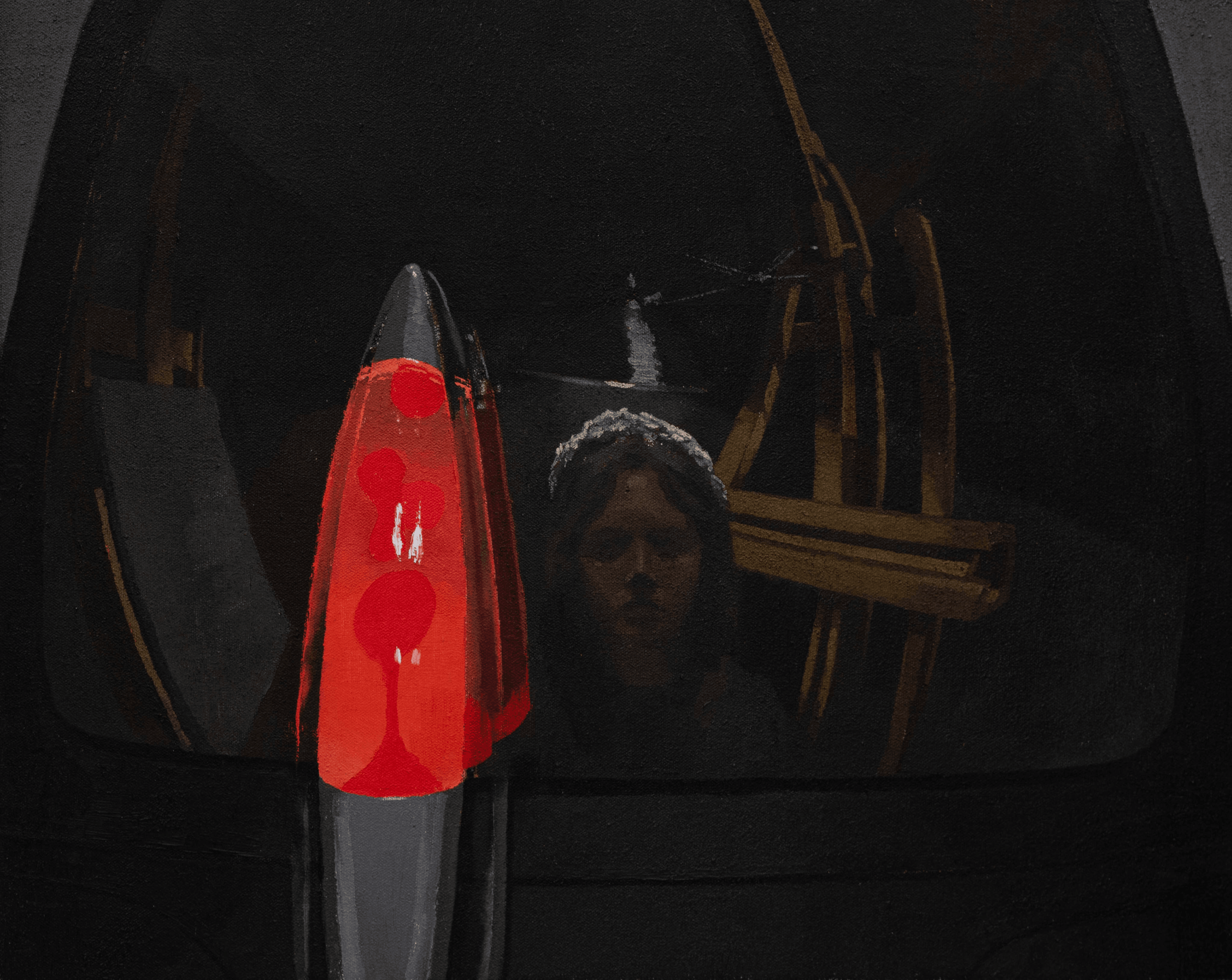
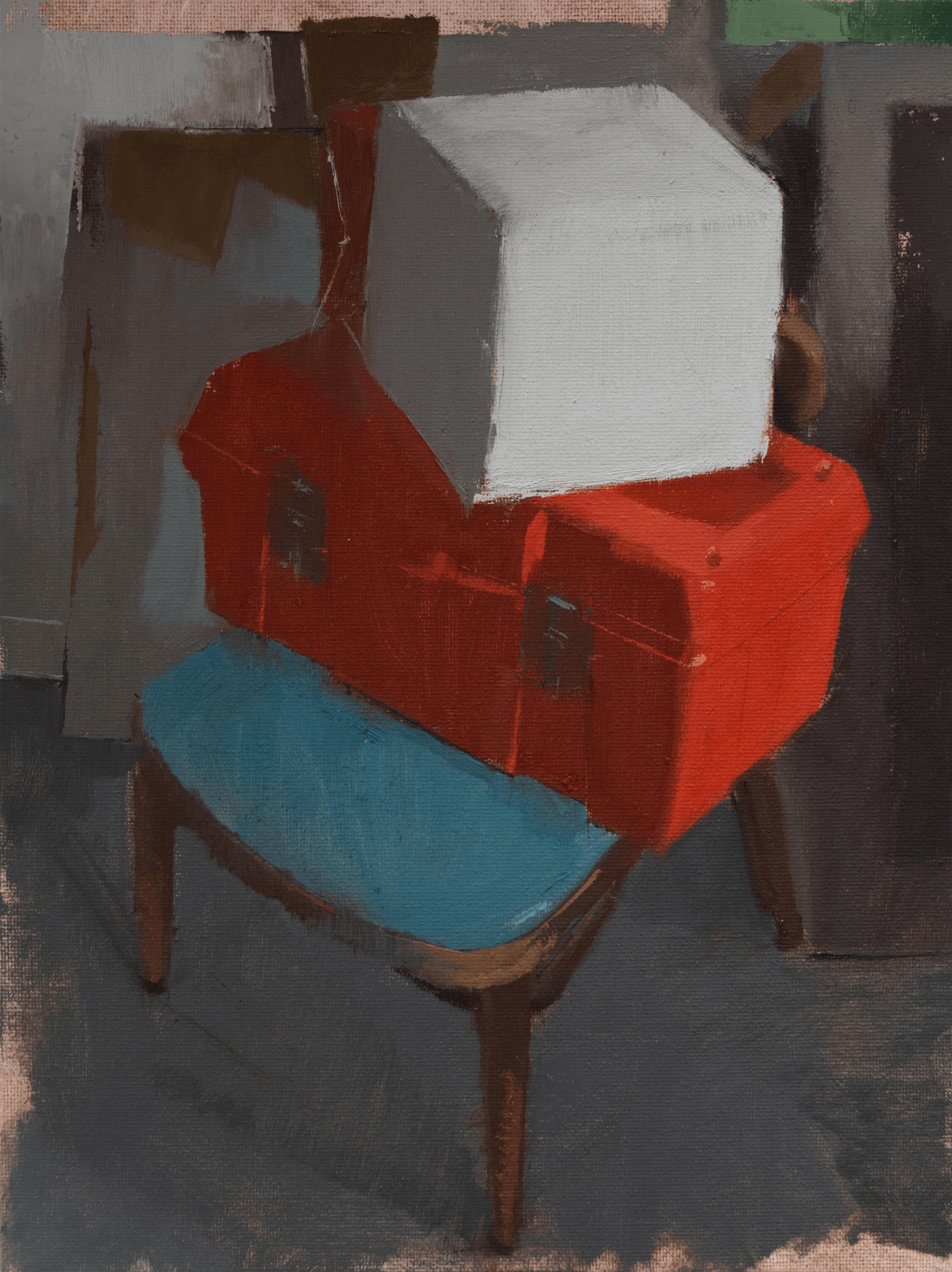
Is there a particular goal or mission driving your creative journey?
Simply, if I get to paint a few times every week, I find that to be a success. As a creative, I have to build avenues for myself professionally and financially to make this a possible reality. For me, I have found interest in entering the educational realm to uplift other artists and surround myself with peers who have enriching artistic sensibilities. I see that if my “day job” can feed into my artistic practice and provide me financial stability, then a great deal of my time feeds back into my main goal to be a professional painter. As cliche as it sounds, I am more interested in the active journey of finding ways to paint in all life circumstances more exciting and purposeful than the naming of an end goal. However, I am working towards one day becoming a college professor of art. This career would be in tandem with being a gallery-represented artist where I can display and sell paintings.
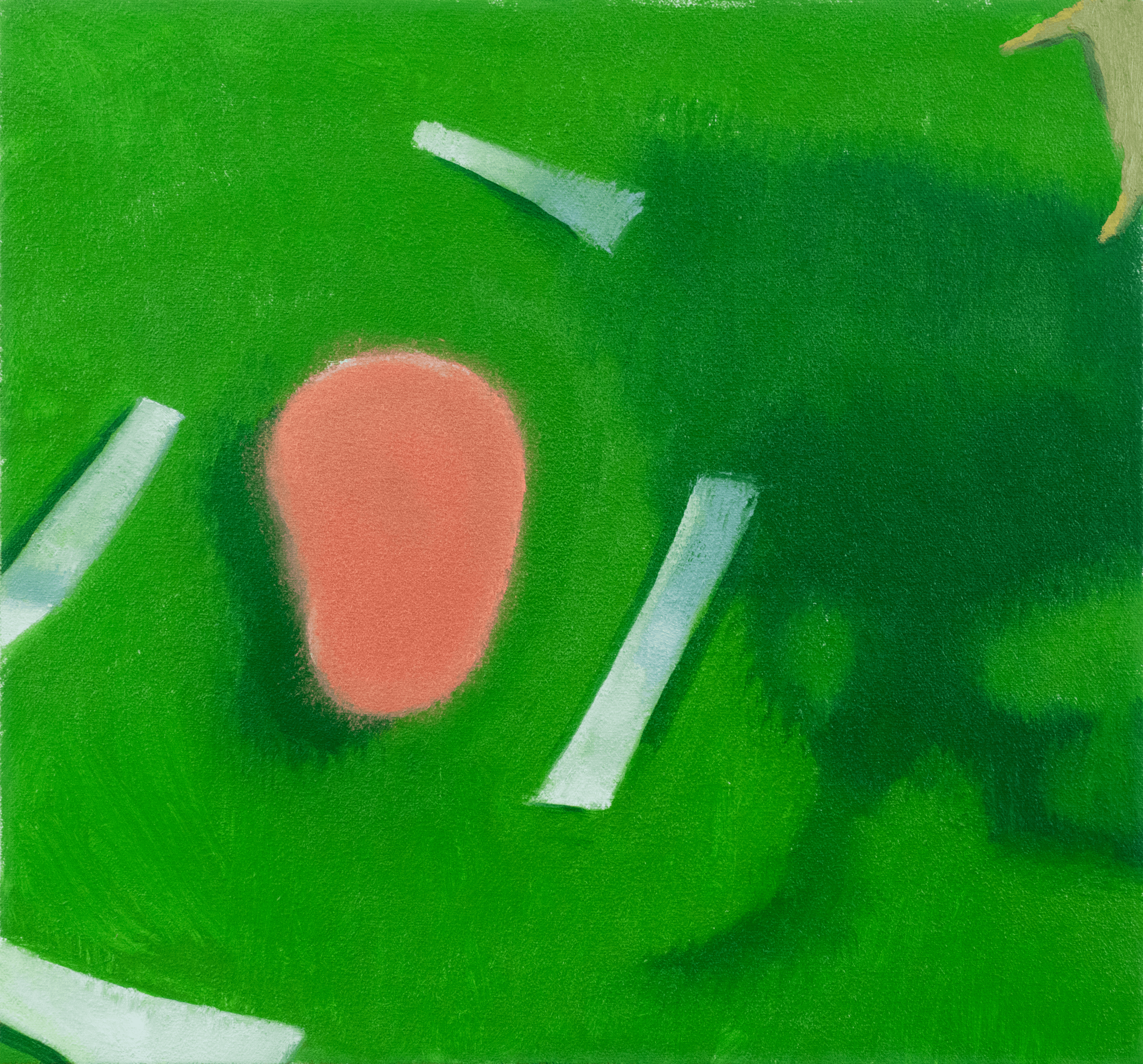
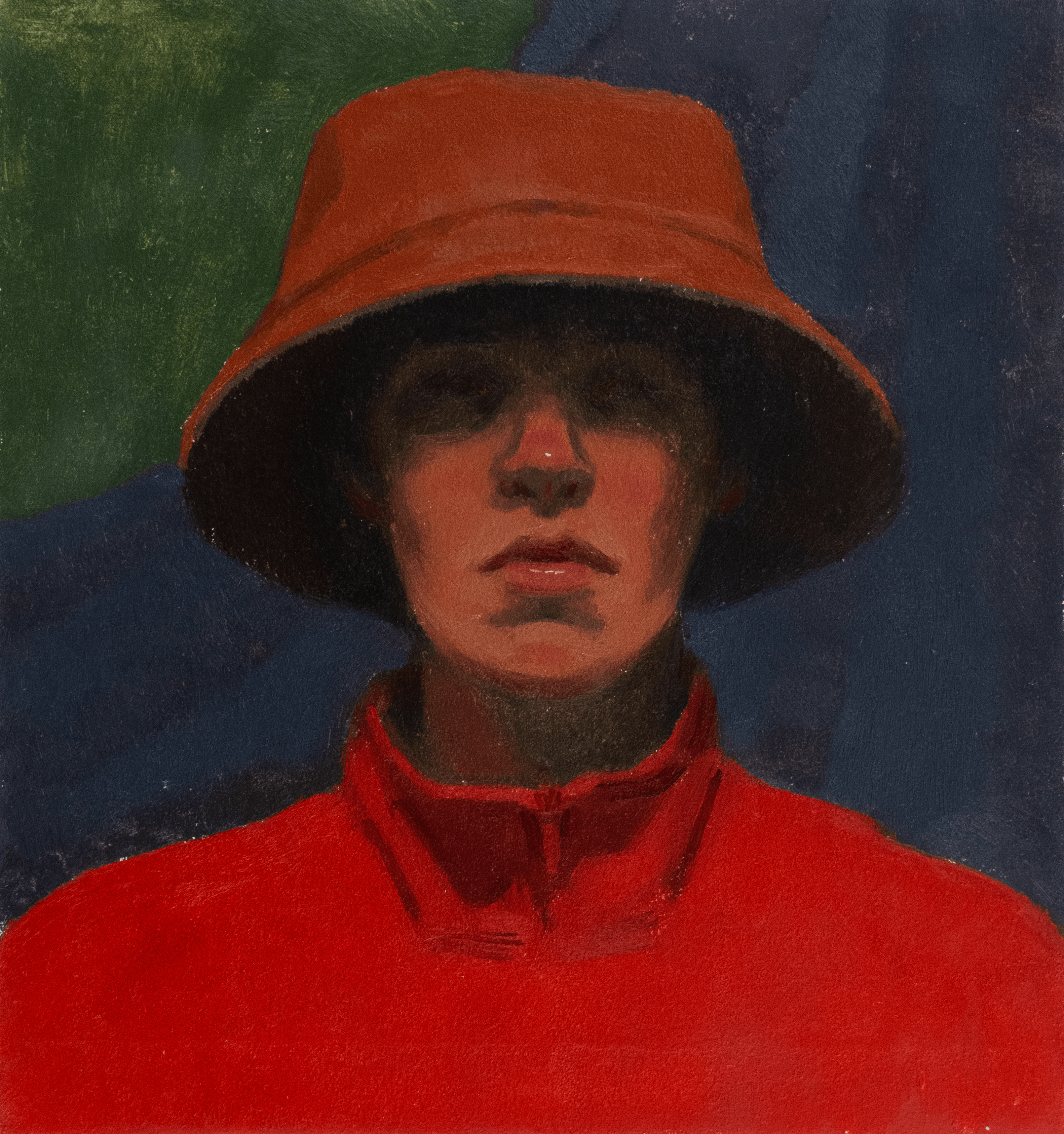
Is there something you think non-creatives will struggle to understand about your journey as a creative?
Being an artist is not generally lucrative. It does not make economic sense in this day in age to be a painter. Is painting essential in our current moment? No one is asking us to make art. Painting is dead, right? But you can’t kill what’s already dead, and we creatives keep popping up out of nowhere begging life to be kind to us just enough so that we can pursue this craft. So we keep painting. Creative people are blessed and cursed with their life-passion. We both have a strong sense of what we are meant for, but also have to fight the social and financial realities that don’t affirm our goals. So what? Perhaps there is not a clear career path in today’s society for artists, but for those who really desire this life, we find creative ways to make it work. There may be seasons where making paintings needs to be on the back burner, be it for financial, familial, or health reasons. But that inclination never goes away and welcomes us back when we’re ready to jump back in.
I also want to add in there that painting is hard work. It forces us to face our fears. The viscous substance of paint does not always behave. We get pushed around by the materiality. The frustration of not being able to bring your idea to life is unending. But there is an endless supply of moments where we champion these obstacles; where we answer a few of our pictorial questions in a painting while coming up with ten more. Where we make something we never intended to and are pleasantly surprised. We are seeking beauty and our significant hand in excavating it. And, we will never be satisfied.
Contact Info:
- Website: https://www.anniethompson-fineart.com
- Instagram: https://www.instagram.com/anniethomp_/ (username: @anniethomp_)
- Other: Email: [email protected]
